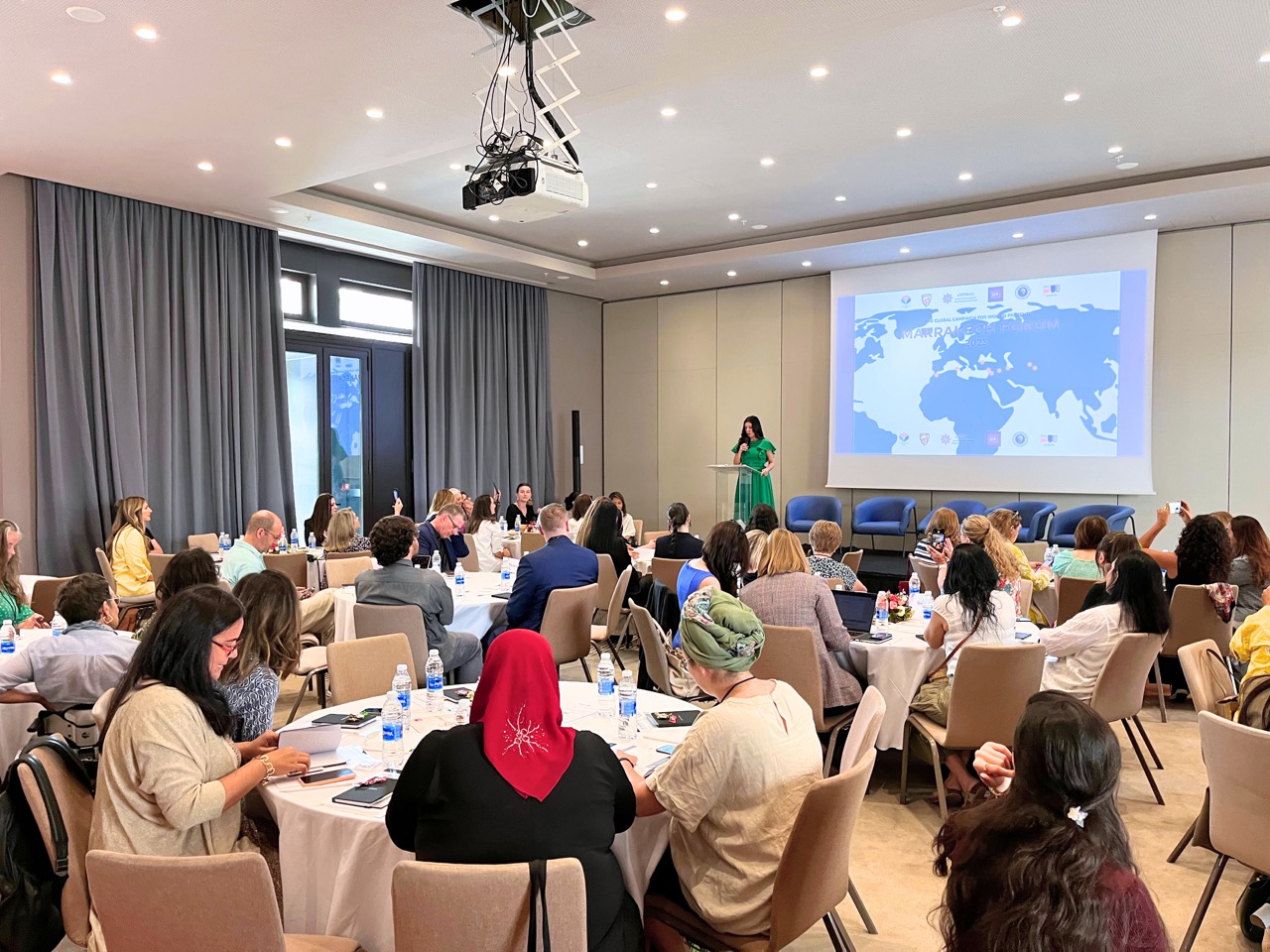Leveraging The Network Approach: How Women Leaders Can Effectively Fill The US Government Aid Gap
As the US withdraws much of its government funding for foreign aid work, advocates are anxiously asking: who will fill the aid gap? Meanwhile, there are no signs that other democratic countries will step in.
These questions have never been more pressing. The gap left by retreating aid agencies dangerously allows space for China, Islamists, and even drug cartels to control the destiny of millions. Women and children will suffer the most.
Yet, a growing multi-faith network of women professionals, many of whom already have a day job, collaborate to educate and mobilize thousands of human rights advocates across the Middle East, Pakistan, and Nigeria. These trendsetters, Empower Women Media (EWM) and the Abraham Women’s Alliance, did not foresee the changes in the aid regime coming with the Trump administration, but likely hold one of the keys to continuing the fight for democracy and human rights in some of the toughest locations in the world. They do so through what their founders call a novel, network approach.
A Network Approach to Change
Empower Women Media and its counterpart Abraham Women’s Alliance are a network of women leaders who freely offer education, media, and leadership development initiatives in Muslim-majority contexts. You may not have heard of them yet, but the US State Department and international foundations are watching their bootstraps-approach with growing interest. Their track record shows they are unrivalled when it comes to training civil society advocates via digital media strategies to stand up for peace building, women’s empowerment, and inter-religious harmony.
Having equipped over 10,000 leaders and influencers to support human rights and women’s empowerment in Muslim-majority societies, stakeholders are asking: How can you host such high quality forums in Marrakesh, Dubai, and Islamabad without government aid? Where are your headquarters and offices? How do you attract so much talent? The answer is simple: through what the founders call, a network approach. As expressed by Shirin Taber, Executive Director of Empower Women Media, “The women in our network freely serve from a place of passion, not to earn an income. They believe in our mission to educate the next generation for human rights.”
A Search for Solutions
Secretary of State Marco Rubio recently announced a “comprehensive reorganization plan” for the State Department, which he said would “increase functionality” while eliminating “redundant office” and non-statutory programs that are “misaligned” with American interests. This, he said, would allow the diplomat core to pursue the America first agenda.
As expected, the world’s reaction to the reforms was swift and raucous. Amid widespread confusion and upheaval across the humanitarian sector, Secretary of State Marco Rubio also announced that he had signed an additional waiver for “life-saving humanitarian assistance.” According to an internal State Department fact sheet reviewed by Politico, the plan involves eliminating the department’s Diversity and Inclusion Office and Office of Global Women’s Issues. Some 700 positions and 132 offices are expected to be cut in the overhaul.
The UN Secretary General Mr. Guterres also stated that, “The United States is one of the largest aid providers and it is vital that we work constructively to jointly shape a strategic path forward.” The US Government is the largest single donor of aid in the world, disbursing around $72 billion in assistance during 2023. It also reportedly provided more than 40 percent of all humanitarian aid accounted for by the UN during 2024, the statement continued.
The dismantling of the world’s biggest donor over the last two months has severely disrupted the lives of millions of people who rely on it for food and water, infectious disease treatments, and education in conflict-ridden communities. This included education and human rights projects to foster democracy outside the West. At the same time, scholars and practitioners know well that existing aid models are often flawed and could lead to such harms as exacerbating inequality and deepening state corruption. These models, often based on pushing out large amounts of aid, differ from a network approach, which supports women leaders who are already advocates for change through fostering connections, leveraging women’s skills, and offering micro seed funding.
Leveraging a Network of Women
The present moment calls for new approaches to change. What EWM and the Abraham Women’s Alliance call a network approach provides a comprehensive understanding of complex needs by considering interactions and dependencies. Empower Women Media’s programs are flexible and adaptable, allowing for collaboration and innovation through women-led strategies. The participants connect and learn from each other, and then pass it on to their own networks. In social settings, “a social network approach” examines the patterns of relationships within groups helping to understand social structures, group formation, and influence. In essence, Empower Women Media and its counterpart Abraham Women’s Alliance tap into this framework which allows participants to operate and thrive with minimal overhead expenses, through reasonable private funding and volunteer work. This model can even be scaled to provide a means of small-grant making to groups who are working at the grassroots.
As world leaders look for more cost effective human rights initiatives to get behind, Empower Women Media is a network (not an NGO) of women leaders from over a dozen countries that are filling the gap. Through monthly educational trainings, digital media, and leadership gatherings, we continue to inspire millions to live what they believe, fostering social cohesion and multi-faith harmony. Rather than depending on government funding, we are sponsored by a board and local business leaders. In 2025-2026, we are on track to equip and mobilize thousands of advocates without depending on offices of salaried staff. Our virtual approach leads to greater fruitfulness and peace and stability for our constituents and their communities around the globe.

